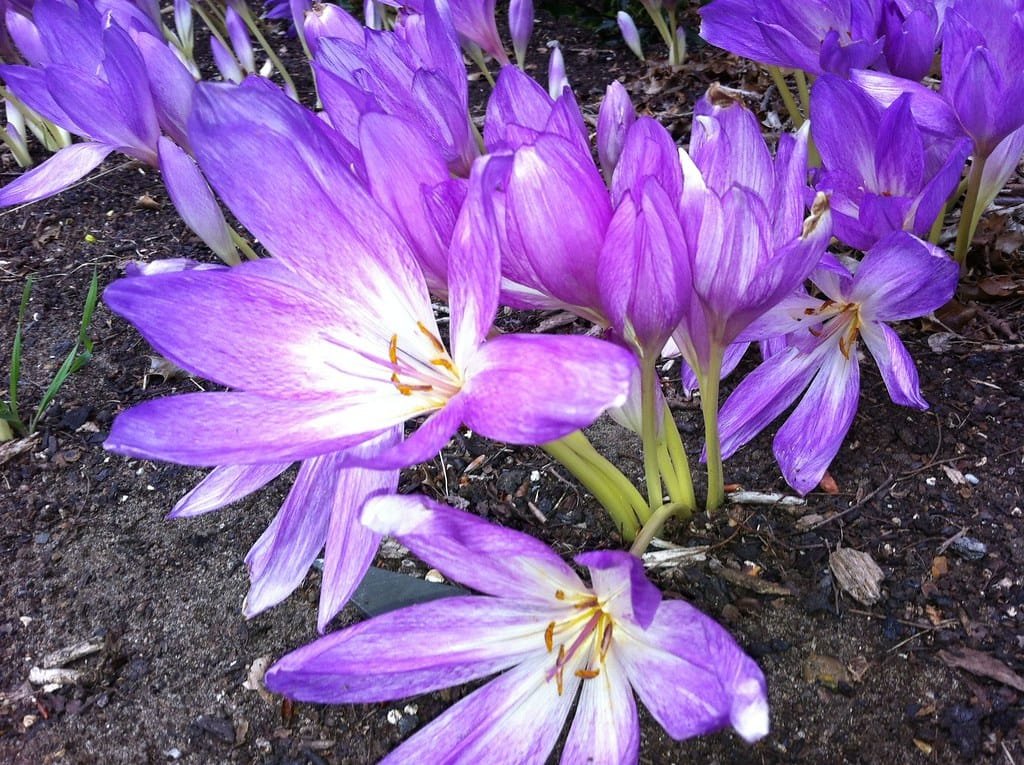Therapeutic effect of saffron on breast cancer tumors
Researchers at Tarbiat Modares University School of Medical Sciences investigated the effect of crocin and crocetin in saffron on the expression of p53 and p27 genes in breast cancer tumors.
Saffron is considered not only as a spice, but also as a medicinal plant with various therapeutic uses. An important application that has been proven for this plant today is its role in the treatment of various cancers.
Mahcid Azizian, Master of Clinical Biochemistry, continued: Crocetin and crocin are important carotenoids in saffron, whose anti-tumor and anti-cancer effects have been shown in various studies, but the exact molecular mechanism of action of these compounds in cancer control is still unclear.
Referring to the increasing prevalence of breast cancer in women, he said: Breast cancer is one of the most common cancers in women, up to 57% of which is estrogen-dependent. One of the causes of cancer is an imbalance between death and cell proliferation through the cell cycle. p35 is one of the most important genes involved in apoptosis and cell proliferation. p27 is also one of the inhibitors of cyclone-dependent kinases whose activity leads to cell cycle inhibition.
Regarding the objectives of this research project, Azizian said: Considering that our previous study showed different effects of crocin and crocetin on p12 activation in UMN-induced breast cancer tumors, in order to elucidate the mechanism of this effect, study the expression of P35 genes And P72 was performed in these tumors. RNA was extracted from NMU-induced breast tumors and normal tissue of female rats. Then, the expression of P35 and P72 genes in these samples was examined by RCP-TR method.
He further described his findings as follows: Comparison of untreated and treated samples with saffron carotenoids showed an increase in the expression of P35 gene in crocetin-treated rat tumors but a decrease in its expression in crocin-treated tumors. Also, a decrease in P72 expression was observed in tumors of rats treated with crocetin and crocin compared to tumor rats without treatment.
Crocetin and crocin reduced P72 expression in NMU-induced breast cancer tumors, but their effect on P35 was different, which is consistent with our previous data on P12, the Tarbiat Modares University researcher concluded.
It is worth mentioning that this research was conducted with the guidance of Dr. Seyedeh Zahra Batahi and the advice of Dr. Mahboubeh Ashrafi, a faculty member of Tarbiat Modares University.







Get Social